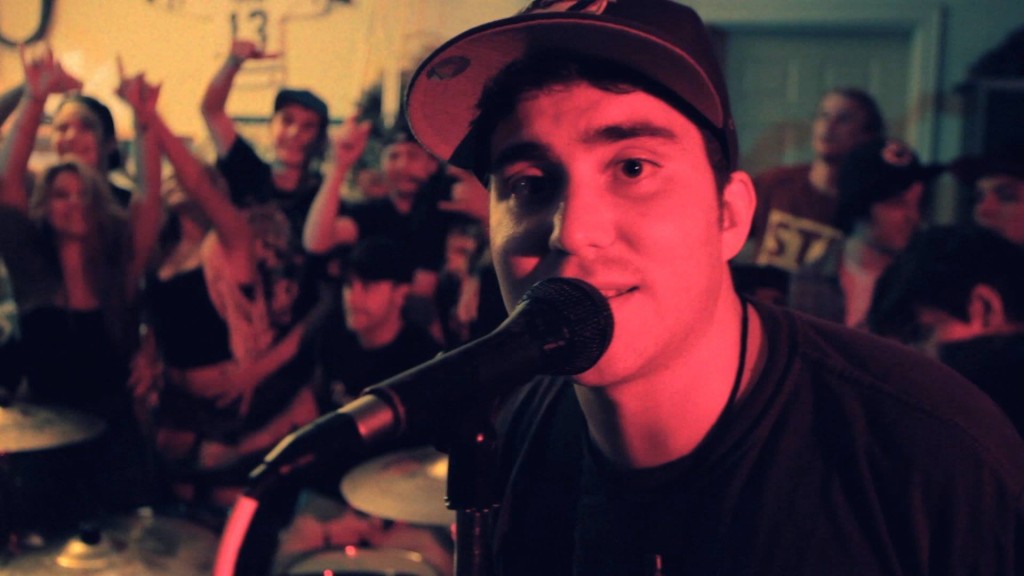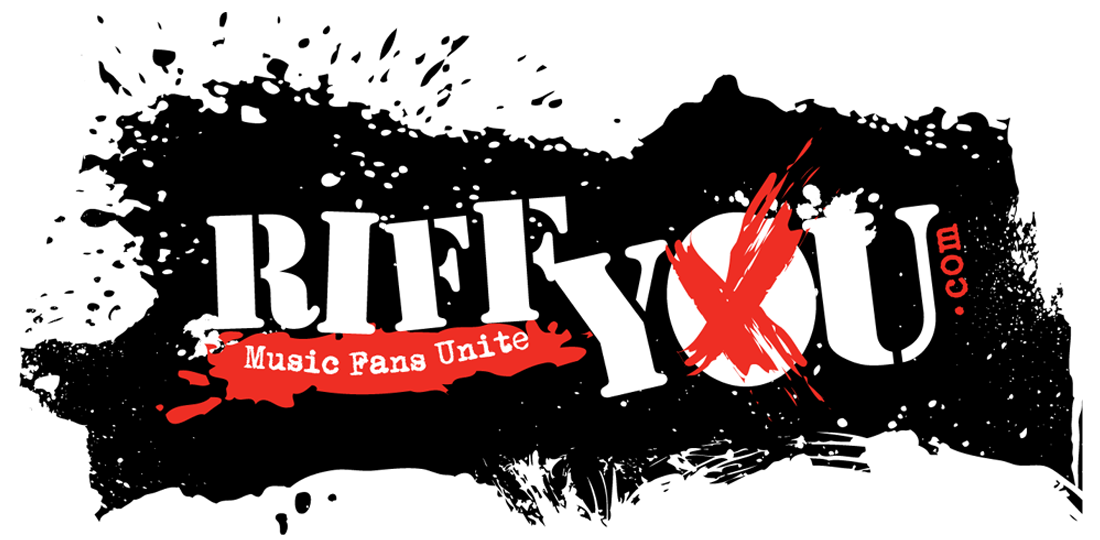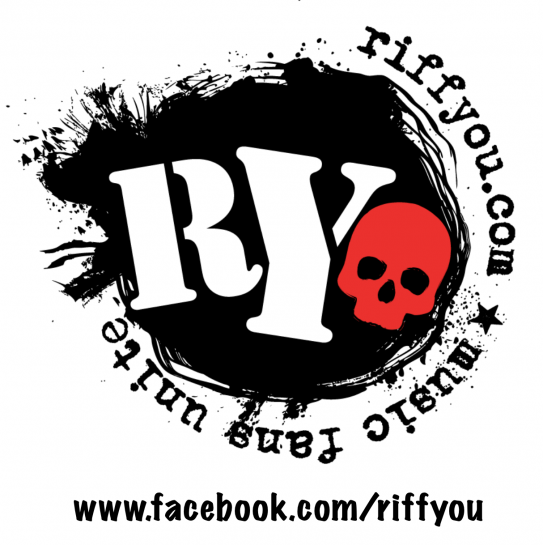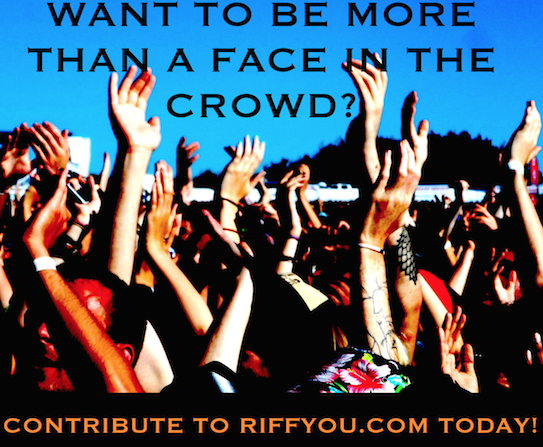Q&A: Music Saved the Life of Street Pharmacy
Ryan Guay (aka the visionary behind Street Pharmacy) could sit around and blame the medical field for  letting him down as a young adult, but instead he has taken that negative situation and turned it into a prolific ride as a reggae-infused singer-songwriter.
letting him down as a young adult, but instead he has taken that negative situation and turned it into a prolific ride as a reggae-infused singer-songwriter.
You see, at the age of 19 Guay contacted encephalitis, a heavy-duty virus of the brain that can develop as a vicious side effect of chicken pox. Because of Guay’s age, the symptoms of the illness made him appear as if he was suffering from psychotic mental episodes. During this time, numerous doctors initially misdiagnosed what was going on with Guay, subsequently providing him with a myriad of medications that he didn’t actually require.
Once this episode subsided, Guay says that his ability to create music changed significantly for the better. He was seeing, hearing, and writing things differently. The misdiagnosis changed elements of him, somehow, for the better.
Riffyou: When listening to your new album, Pharmanomics, there’s a real sunny feel to it, but not all that you’re touching upon is positive. What interests you about having that type of contrast on an album?
Ryan: Street Pharmacy has always been an outlet for me creatively and emotionally. Some of the music sounds happy and such (reggae typically tends to sound happy or eerie) and a lot of the negative subject matter is me trying to make light of it through positive sounding music…if that makes any sense. Blind Melon’s Shannon Hoon did this really well. I also think Bradley Nowell from Sublime did this too. As a lyricist, you want to try to attach meaning to the overall vibe and music of the instrumental performance. What does this sound mean? Why does this lyric work with this sound? Songs like “To My High School Friends” sound happy musically, but the subject matter isn’t so peachy keen. I feel it’s important to almost be satirical, but not like a comedy record would be when it comes to the tough subject matter. Something can sound happy, and you could be talking about a personal shortcoming, but there’s always hope because of the music can take you to a better place.”
RY: Lyrically, you’re not an evasive fellow. What inspired your lyrical honesty and openness?
Ryan: “I write for myself when I write lyrics. It can be at times a bit of an all or nothing thinker, so rather than shroud most of my lyrics in ambiguity, I get right to the point. I use a lot of stark and straightforward analogies as well, so there is no question what I am trying to sing. I also think it’s important as a person to be open and honest with yourself and others. I hope my lyrics can help others gain perspective on a similar situation they are going through in their own lives. Many of my influences, lyrically – like Ben Folds – can be extremely blunt, but that’s helped me gain perspective and move forward in my own life. My hope is that I can do that through that same lyrical tradition of honesty.”
RY: You had a wave of medical issues in your past that you’ve credited with adjusting your song writing ability and perspective. Could you elaborate on that, as well as how you viewed your musical skills ahead of that?
Ryan: I’m not really sure if it was the experience of it all – or the actual chemistry of my brain changing – or a combination of both, but all of a sudden after that unfortunate experience in my life, I was able to see music differently. My composition and writing style changed and the drive to do it was also elevated. I worked very hard at becoming a better writer before that experience by listening to others and emulating their styles, especially lyrically. After I got sick, I came into my own and couldn’t stop writing. I got lemons by getting so sick and mishandled…and writing songs was my lemonade. It still is.”
RY: Even though you seemingly went through hell and back with those medical issues, are you at peace with what happened? Does your musical output help you get past all of that?
Ryan: “My musical output helped me get past all of it. I’m not saying it isn’t a struggle to stay positive sometimes about it, but music definitely saved my life. It gave me something to focus on that wasn’t at all negative, even if the lyrics were sometimes. I think it’s important to try your best to stay positive and have the people and things around you to do that. Music for me was my anti-depressant and that’s where the name of the project itself comes from. Music is my self-prescribed feel good.”
RY: Of course, situations like that force you to grow up real fast. Do you feel like you didn’t have the chance to fully experience and take advantage of your youth?
Ryan: “I think that experience really saved me through my early 20s. I couldn’t drink and still can’t and won’t. I couldn’t and wouldn’t do any illicit street drugs because I saw what it was like to have your thinking compromised thanks to a physical illness and misdiagnosis. It was literally a sobering experience for a sober person to remain sober at all times. I’m really grateful that I did.”
RY: What do you hope people get out of Pharmanomics?
“I hope people walk away from listening to the album feeling refreshed and excited about music.”
RY: What did you get out of Pharmonomics?
Ryan: “I got a real sense of accomplishment. I learned a lot by working with so many great people and I had my hands in everything from writing, to producing, to coming up with concepts for the artwork, with its designer. It was just a very fulfilling experience as a creator.”
-Adam Grant
Please be sure to follow us on Twitter @riffyou and at Facebook.com/riffyou.

































